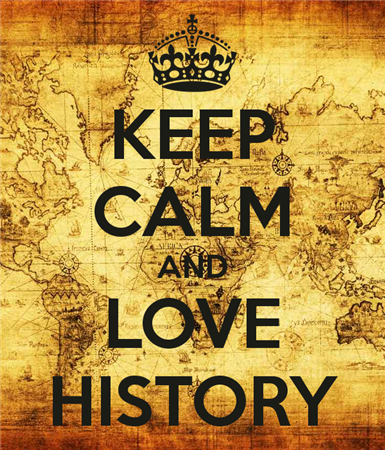"Those who cannot remember the past are condemned to repeat it." This quote from George Santayana has been both misquoted and attributed to various people. Regardless of the version or ‘author’ you’ve heard, the underlying principle remains: if we don’t learn from our mistakes, we’ll probably repeat them.
This is probably why people from all walks of life worldwide are fascinated by the subject of history. Many Rotary club presidents regularly have a “This Day (or Week) in History” feature as part of their meetings.
History also provides a link to what has gone before: the story of Paul Harris meeting with fellow businessmen in Chicago in 1905 and developing what has become Rotary; Arch Klumph starting the Rotary Foundation in 1917; Herbert J. Taylor creating the 4-Way Test in 1932; Rotary beginning its fight against polio in 1979; the first women Rotarians in 1987. All these milestones and many more mark the years of Rotary.
But history is more than dates. It is more than dry facts in dusty books. It is the multi-colored fabric of life, intertwined manyfold. For example, in 1905 the Industrial Workers of the World was founded in Chicago with the hopes of uniting all workers and giving more control to unions. Was Paul Harris, a business owner, affected by this? Was Rotary? In 1917, the first U.S. combat troops arrive in France as the U.S. declares war on Germany. Was Arch Klumph concerned about creating a method of saving for the eventual needs of a world recovering from “the war to end all wars”? In 1932, we know that the 4-Way Test was created by Rotarian Herbert J. Taylor when he was asked to take charge of a company that was facing bankruptcy; but was the Great Depression, which had started in 1929, responsible for that bankruptcy?
Ultimately, we need to go much further back than George Santayana to get our answer, which comes from Leonardo Da Vinci: “Realize that everything connects to everything else.”
So the next time your club president wants to talk history, it might be important to listen.

